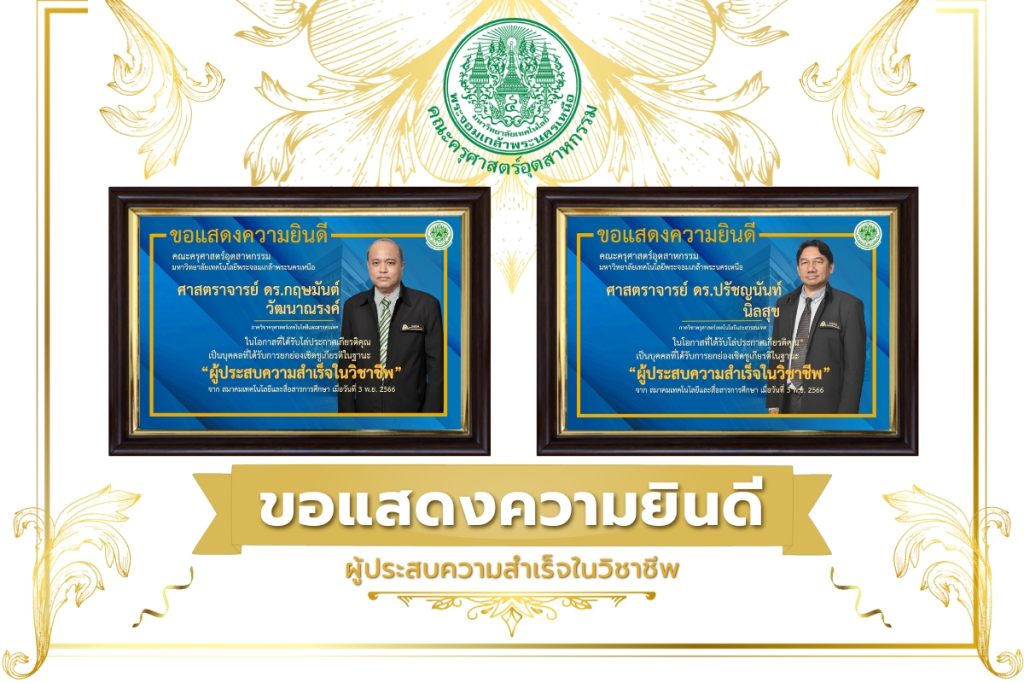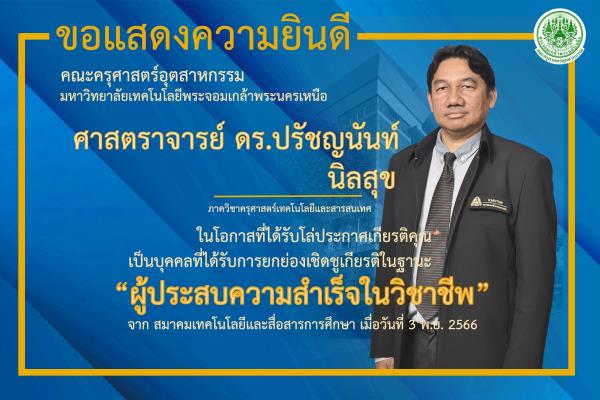Abstract
Early childhood development (ECD) is critical for ensuring the long-term well-being and success of individuals and societies. In Thailand, the management of ECD services faces significant challenges due to fragmented coordination and integration across various sectors and agencies. Therefore, this study aimed to enhance the efficiency of Thai early childhood development management (ECDM) by developing coordination mechanisms and systems (CMS). A mixed-methods approach was utilized, involving online structured interviews with six ECDM policymakers, content analysis of the data, and four focus group discussions with ten individuals from various sectors. A draft handbook for CMS was developed through an online connoisseurship seminar, and an opinion questionnaire was collected from 200 executives and practitioners across four Thai regions using Google Forms. The results identified four mechanisms crucial for driving an effective EDCM coordination system: national, provincial, subdistrict, and coordination. These mechanisms comprised an information and communication
technology (ICT) system, a management system, a resource management system combined with budget planning, and a supervision, monitoring, and evaluation system. Additionally, three stages of policy
recommendations were proposed: urgent, intermediate, and long-term. This research provides a framework for improving ECDM in Thailand, promoting better integration and efficiency in delivering
essential early childhood services.
Keywords: Coordination mechanisms and systems, Early childhood development management efficiency, Education development, Thailand
Werayut Chatakan, Phanagrid Boonpob, Nopparat Chairueang, Julalax Sutra, Naruporn Thitipraserth and Prachyanun Nilsook. (2024)
Coordination Mechanisms and Systems to Enhance Thai Early Childhood Development Management Efficiency.
Asia-Pacific Journal of Research in Early Childhood Education. Vol.18, No.3, September 2024, pp.61-85.
http://dx.doi.org/10.17206/apjrece.2024.18.3.61
https://www.pecerajournal.com/detail/30011042



